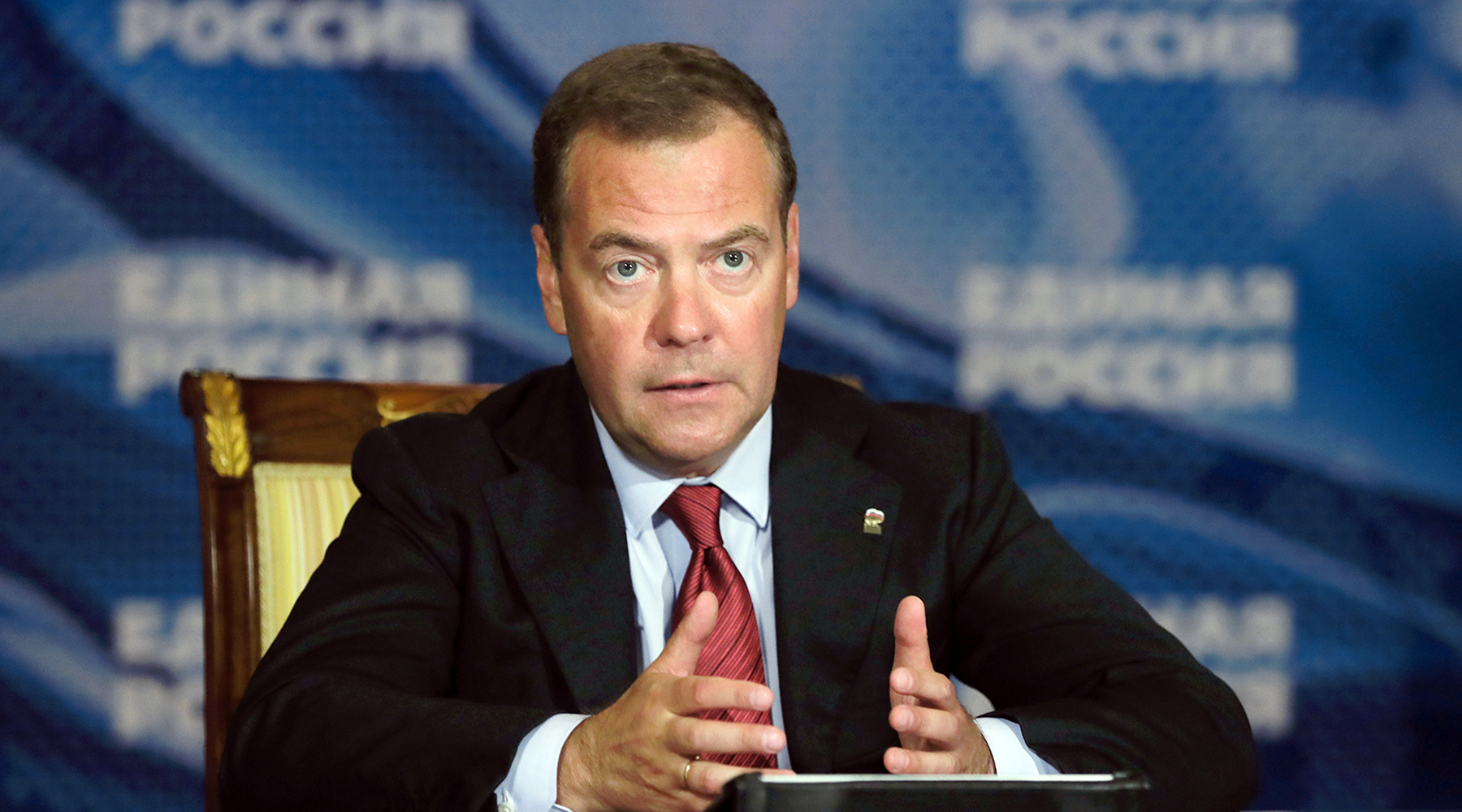In September, the Russian government will pay unemployed parents 3 thousand rubles for each minor child.
The corresponding decree was signed by Prime Minister Mikhail Mishustin.
A total of 8.5 billion rubles will be allocated from the budget for these purposes.
“The payments will provide additional social support for about 2.8 million citizens recognized in the established order as unemployed and having children under the age of 18,” the Cabinet of Ministers said in a statement.
Since the beginning of the coronavirus pandemic, payments of benefits, along with other measures of financial assistance to Russians, have made it possible to partially compensate for the decline in citizens' incomes and support the population in a difficult period.
NES finance professor Oleg Shibanov spoke about this in an interview with RT.
“The payments helped those in need, and especially citizens who have children - in Russia a significant part of poverty is concentrated in families with children.
It can be seen that this demand has come to the market.
However, it should be noted that these payments were limited and, in fact, one-time, and are not repeated constantly, ”the expert added.
Against this background, in the near future the Russian authorities may consider the possibility of introducing a minimum guaranteed income.
Such an initiative was made the day before by the chairman of United Russia Dmitry Medvedev at a meeting on the social tasks of the party.
“This refers to the inviolability of the minimum amount of funds paid by the state to a person, regardless of his type of activity, social and economic status,” Medvedev explained.
He proposed to discuss the idea with members of the government and trade unions, as well as create a working group to modernize legislation in the field of employment.
At the same time, according to him, the proposal requires the most careful analysis from the economic and organizational points of view.
The initiative to create a working group on employment has already been supported by the Ministry of Labor.
Writes about this TASS with reference to the press service of the department.
RIA News
© Ekaterina Shtukina
Meanwhile, experts interviewed by RT assess the possible effect on Russians and the economy as a whole from the introduction of basic income differently.
The key advantages of the initiative may be an increase in consumer demand and a decrease in the level of poverty in the country, said Pavel Sigal, First Vice President of the all-Russian public organization of small and medium-sized businesses "Support of Russia".
“Material support from the state can stimulate consumer demand, which helps the economy develop.
This is especially true now, when the main consequence of the pandemic was precisely the decline in consumption.
In addition, basic income can become one of the elements of social stability, the fight against poverty, and also help to solve employment issues through support of the unemployed, "the expert said in an interview with RT.
At the same time, constant payments to the population risk leading to a reduction in the labor market.
This point of view in an interview with RT was voiced by Vladimir Bessonov, head of the laboratory of inflation and economic growth at the Higher School of Economics.
According to him, if the initiative is introduced, people with low wages will prefer to become unemployed.
“On the one hand, citizens will be provided with a certain predictability and security.
On the other hand, it will reduce the motivation to work.
The higher the payment, the more Russians will refuse to look for work.
This will be especially noticeable if the size of the basic income is made equally high throughout the country.
In this case, in regions with low wages, a significant part of the employed will prefer to become unemployed, "Bessonov explained.
Monetary source
Moreover, the existence of a basic income increases the burden on the budget and, in the end, may result in a budget deficit and an increase in public debt.
Nikita Maslennikov, head of the "Finance and Economics" direction of the Institute of Contemporary Development, told RT about this.
As the expert recalled, back in 2016, the Swiss authorities considered the introduction of basic income.
According to the initiative, the citizens of the country were supposed to receive about $ 2.5 thousand per month.
However, in the course of the national referendum, the Swiss voted against the idea by a majority of votes (78%), since in order to pay funds from the budget, the country's leadership would have to cut social benefits and raise taxes.
“In this context, it would be more expedient to focus on targeted social support, as was the case with the increase in personal income tax to 15% for income over 5 million rubles a year.
As a result, over 60 billion rubles will be received, and this is a fairly serious amount.
At the same time, the money will be spent on helping children with severe genetic diseases, which require increased attention, care and attention, ”added Maslennikov.
According to Pavel Sigal, the main disadvantage of constant payments to the population may also be the growth of inflation.
Nevertheless, at the moment, the expert considers it theoretically possible to introduce a basic income in Russia without significant damage to the economy.
“The reserves of the Central Bank are $ 594 billion, while the implementation of this measure may require $ 100-120 billion. However, before introducing this initiative, all the consequences and prospects must be considered.
It is likely that the proposal was voiced now, since a very low level of inflation is predicted in Russia in the autumn months, which means that the risks for the economy are not as high as before, "the expert concluded.

